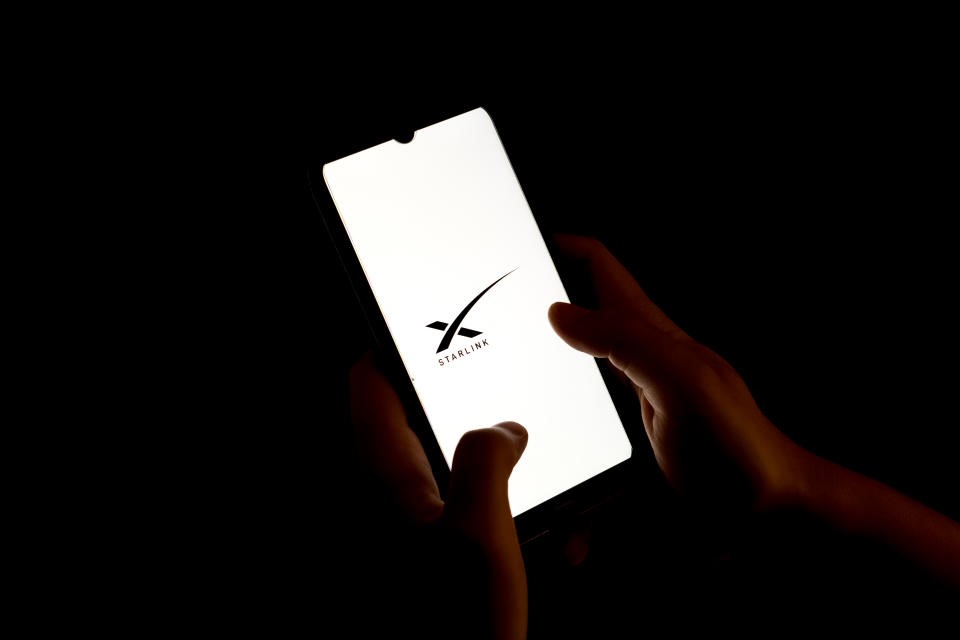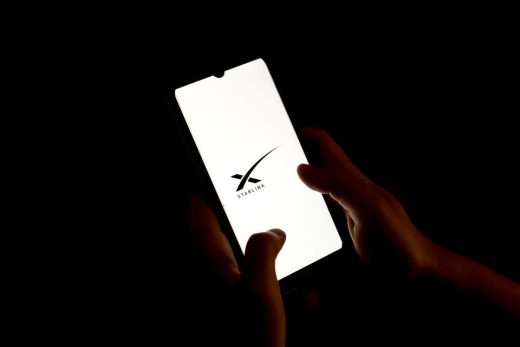Starlink’s satellite cell service is set to launch in 2024, but only for SMS
Starlink’s satellite cell service is set to launch in 2024, but only for SMS
Voice, data and IoT capabilities won’t arrive on Direct-to-Cell until at least 2025.

The launch of Starlink’s much-anticipated satellite cellular service, Direct-to-Cell, will reportedly begin rolling out for SMS in 2024, according to a newly published promotional site by the company. Eventually the system will “enable ubiquitous access to texting, calling, and browsing wherever you may be on land, lakes, or coastal waters,” and connect to IoT devices through the LTE standard.
Starlink has partnered with T-Mobile on the project, which was originally announced last August at the “Coverage and Above and Beyond” event. The collaboration sees T-Mobile setting aside a bit of its 5G spectrum for use by Starlink’s second-generation satellites; Starlink in turn will allow T-Mobile phones to access the satellite network giving the cell service provider “near complete coverage” of the United States.
During the event last August, SpaceX CEO Elon Musk tweeted that “Starlink V2” would launch this year on select mobile phones, as well as in Tesla vehicles. “The important thing about this is that it means there are no dead zones anywhere in the world for your cell phone,” Musk said in a press statement at the time. “We’re incredibly excited to do this with T-Mobile.” That estimate was revised during a March panel discussion at the Satellite Conference and Exhibition 2023, when SpaceX VP of Starlink enterprise sales Jonathan Hofeller estimated testing — not commercial operation — would begin in 2023.
The existing constellation of 4,265 satellites are not compatible with the new cell service so Starlink is going to have to launch a whole new series of microsats with the necessary eNodeB modem installed, over the next few years. As more satellites are launched, the adde voice and data features will become available.
As an messaging-only satellite service, Direct-to-Cell will immediately find competition from Apple, with its Emergency SOS via Satellite feature in iOS 14, as well as Qualcomm’s rival Snapdragon Satellite, which delivers texts to Android phones from orbit using the Iridium constellation. Competition is expected to be fierce in this emerging market, Lynk Global CEO Charles Miller noted during the March event, arguing that satellite cell service could potentially be the “biggest category in satellite.”
(13)



